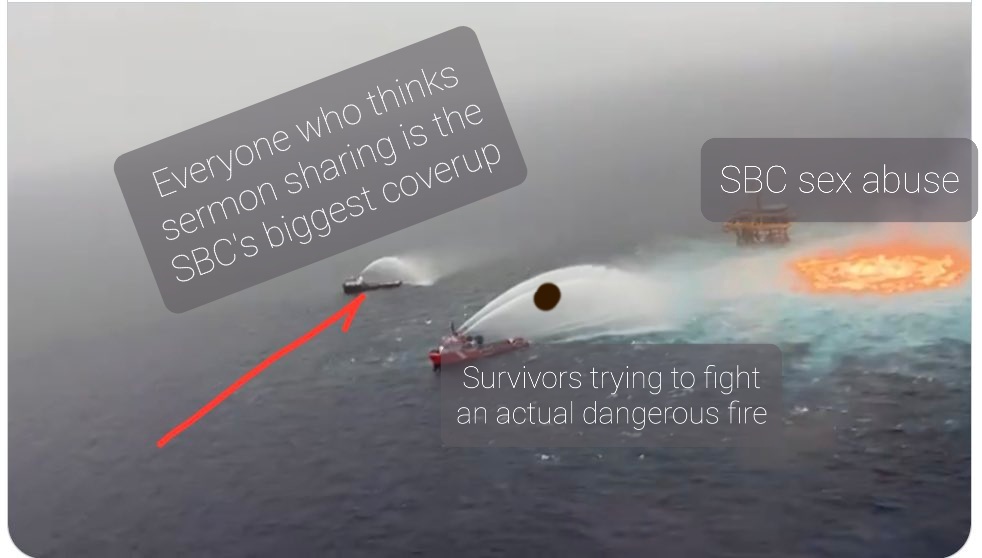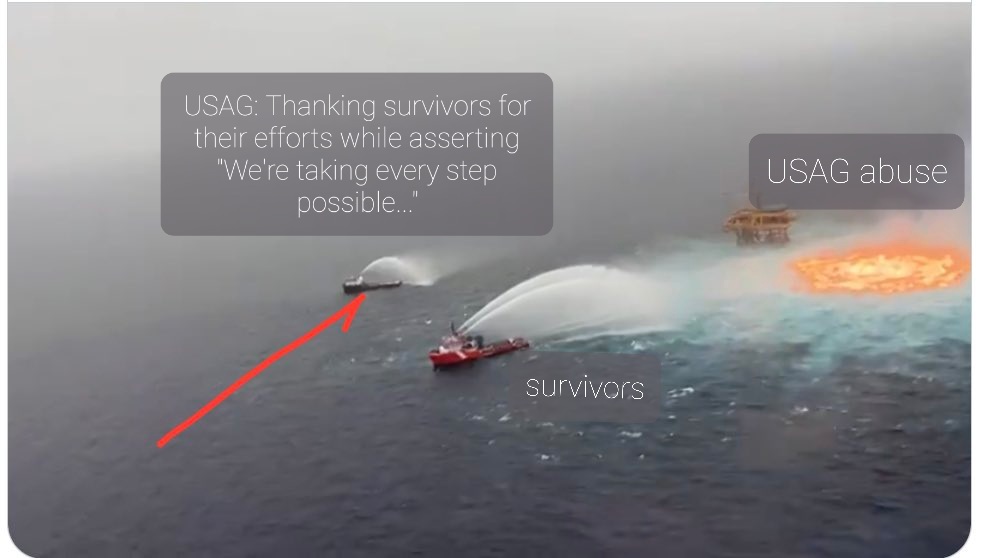
There have got to be a hundred memes on attempted or alleged efforts to "help" on abuse related issues, or institutions facing scandal, that could come from this one picture.
Give it your best shot and post for all our benefit, please.
Give it your best shot and post for all our benefit, please.
https://twitter.com/bmusonza/status/1411077378332364802
• • •
Missing some Tweet in this thread? You can try to
force a refresh






